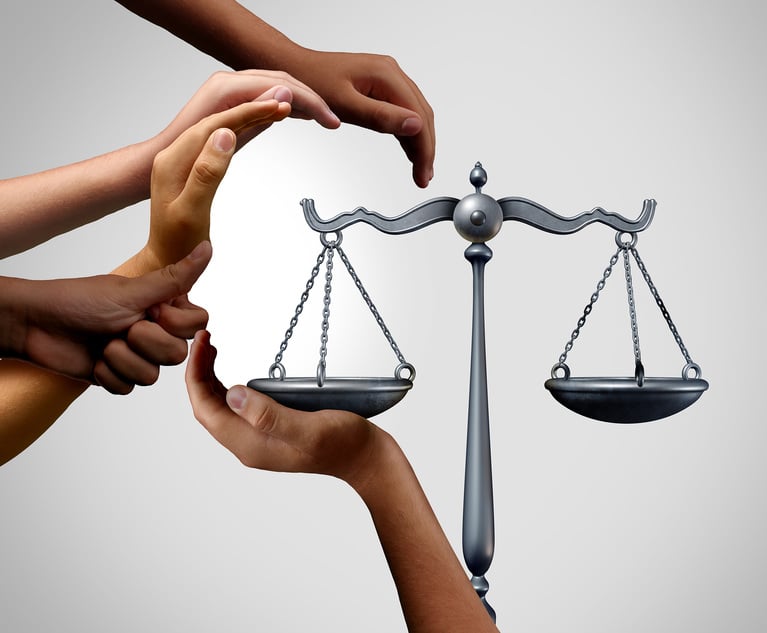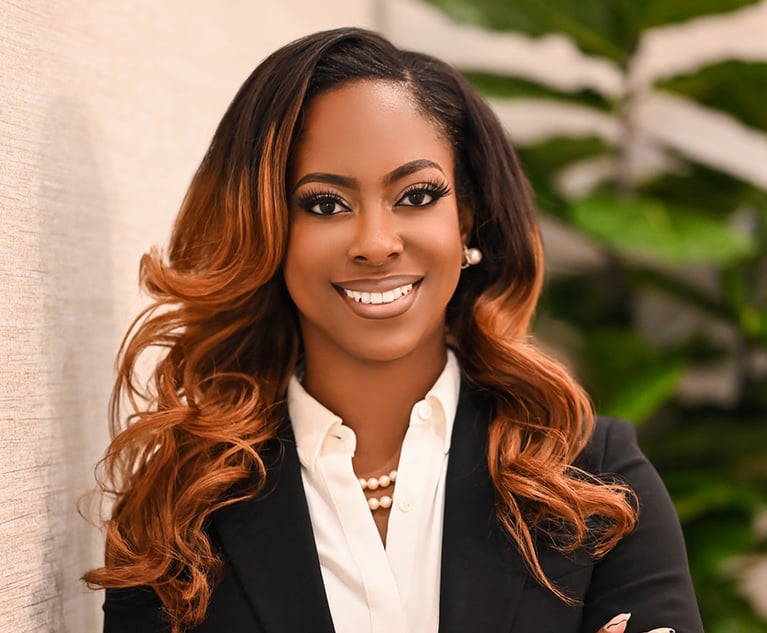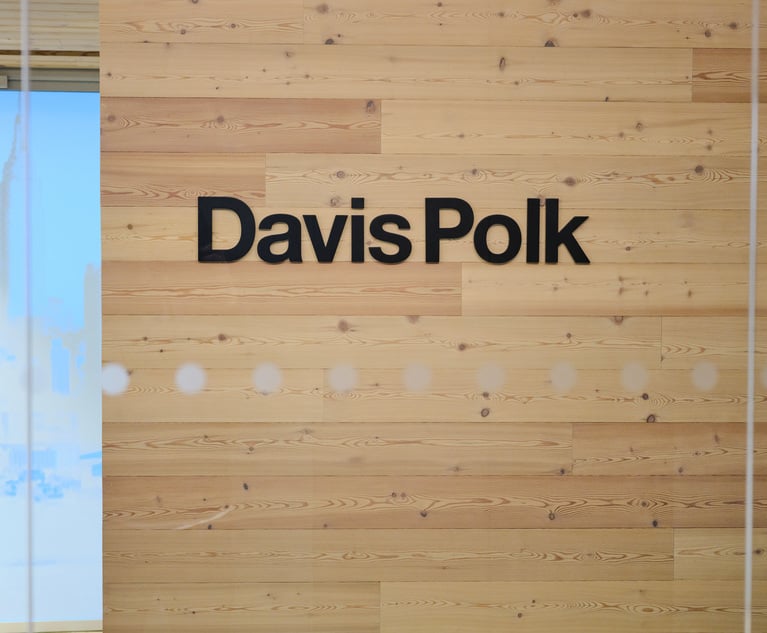 “You’re late,” he exclaimed. It was 30 minutes before an important deposition, and the well-dressed gentleman checking in next to Shevon at the reception desk turned and repeated himself. “You’re late!” “Pardon me,” Shevon replied, surely he was mistaken. “You said you’re here for the deposition. We require our court reporters to arrive 45 minutes before the deposition begins. You’re late!” Before another word could be spoken, the gentleman spun on his heels and proceeded to a conference room. When Shevon entered the room a few minutes later, it was clear that he was confused, as the actual court reporter was seated in their usual spot near the head of the table, equipment at the ready. “Why are there two of you,” he asked. Shevon extended her hand, “I represent the defendants and will be taking today’s deposition.” “I represent the plaintiffs. I thought you were …” he trailed off. “No, I’m not the court reporter,” Shevon replied. “I’m sorry, you just don’t look like a lawyer,” he said in an apologetic tone. “Well, I’m sure you and your clients will feel differently by the end of the day. I’m ready to get started when you are!”
“You’re late,” he exclaimed. It was 30 minutes before an important deposition, and the well-dressed gentleman checking in next to Shevon at the reception desk turned and repeated himself. “You’re late!” “Pardon me,” Shevon replied, surely he was mistaken. “You said you’re here for the deposition. We require our court reporters to arrive 45 minutes before the deposition begins. You’re late!” Before another word could be spoken, the gentleman spun on his heels and proceeded to a conference room. When Shevon entered the room a few minutes later, it was clear that he was confused, as the actual court reporter was seated in their usual spot near the head of the table, equipment at the ready. “Why are there two of you,” he asked. Shevon extended her hand, “I represent the defendants and will be taking today’s deposition.” “I represent the plaintiffs. I thought you were …” he trailed off. “No, I’m not the court reporter,” Shevon replied. “I’m sorry, you just don’t look like a lawyer,” he said in an apologetic tone. “Well, I’m sure you and your clients will feel differently by the end of the day. I’m ready to get started when you are!”
Unfortunately, adversaries, clients, and colleagues alike have mistaken us both for non-lawyer staff on countless occasions. Indeed, it is a common occurrence that most African American women attorneys in particular must navigate in law firm, corporate, and government settings. In a recent study from the Minority Corporate Counsel Association, women of color reported that they had been mistaken for administrative staff, court personnel, or janitorial staff at a level 50 percentage points higher than reported by white men. White women and men of color reported this bias at a level 44 and 23 percentage points higher than white men respectively. You Can’t Change What You Can’t See: Interrupting Racial & Gender Bias in the Legal Profession, Executive Summary at 7-8. While this form of bias may seem like a harmless case of mistaken identity to some, for female and diverse attorneys the refrain is a constant reminder that this profession was not built with us in mind and has not evolved to include us despite the industry’s focus on diversity over the last decade. At least for now, we are seen as “other”—different from what some believe attorneys should be.






